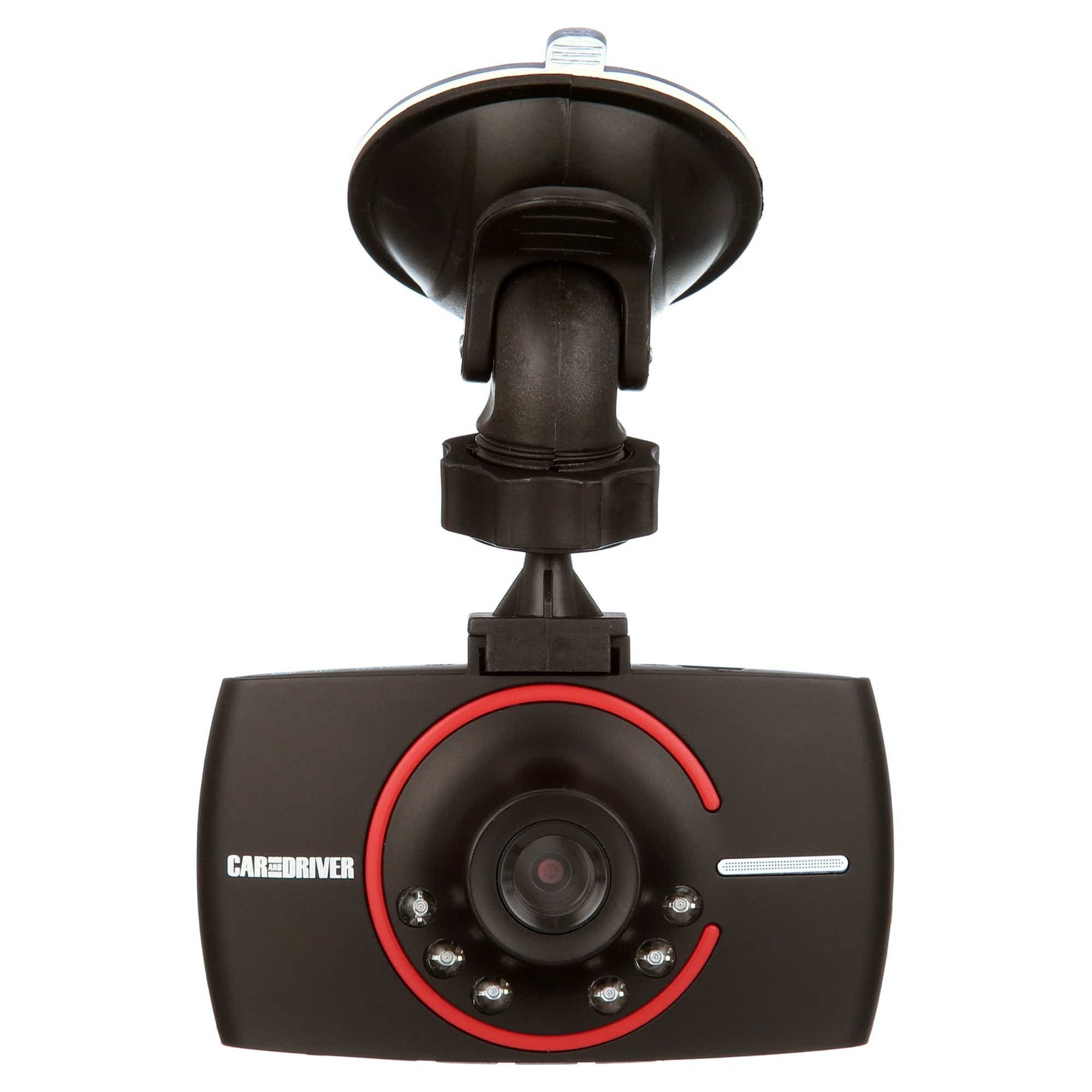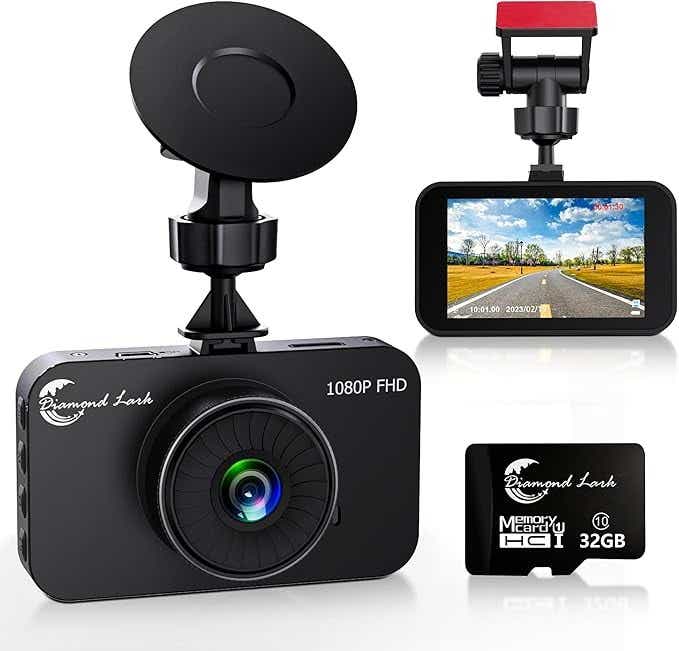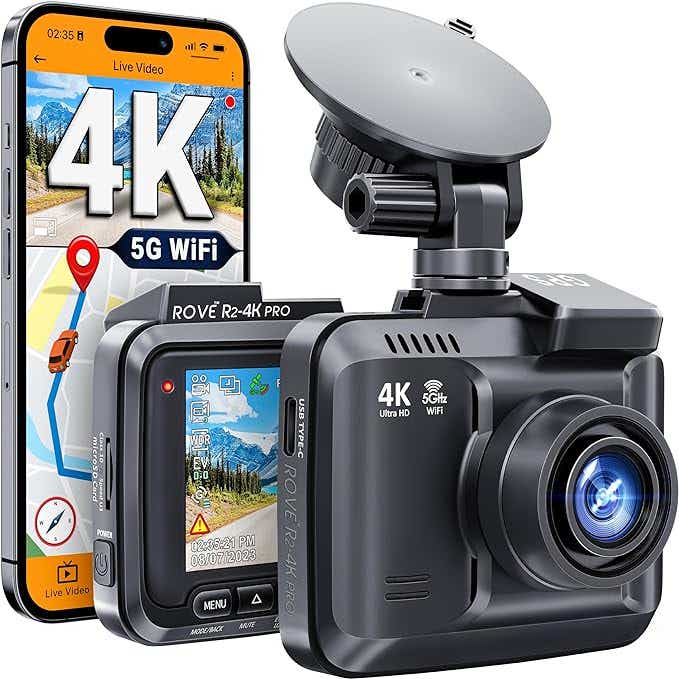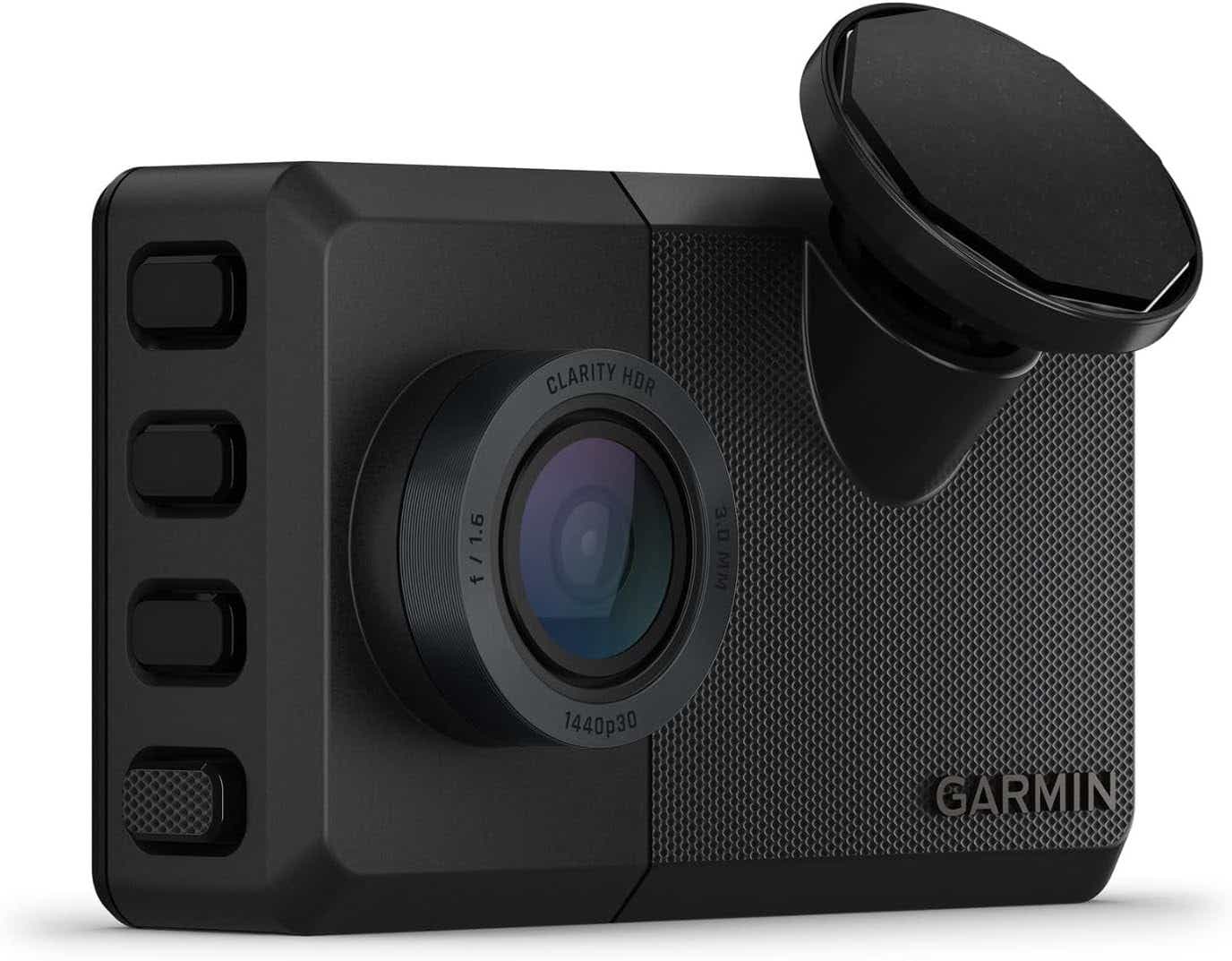Getting behind the wheel of a car can be stressful as it is — and viral video of an attempted insurance scam caught in the act is an important reminder of another layer of things to worry about before hitting the road.
The clip, which first went viral on TikTok and has since been reshared on various social media platforms, includes dash cam footage from Queens resident Asphia Natasha. On Wednesday, she was driving on the Belt Parkway when a car pulled in front of her, then slammed on the brakes. Fortunately, Natasha reacted quickly and braked in time.
But then, things got even stranger when the other drive threw their car into reverse, fully backing into Natasha’s car.
“I believe the intention was to say I hit their car for insurance fraud purposes,” she wrote in the caption of her TikTok.
After the collision, she recounted, “The first three passengers exit the car pretending to be hurt, while the [driver] slips out through the passenger seat and gets into a second vehicle,” which she said “was following me from behind” and “picked up the driver to get away.”
Fortunately, Natasha caught the whole thing on her dash cam — and when the passengers from the other car got out to assess the damage, their “demeanor changed once one of them noticed the dash cam.”
"They were rushing to leave,” Natasha told ABC 7. “When I turned around to go check on the car, they just, like, got in their car and left.”
Natasha’s partner told the outlet that they took the video to police and “they pretty definitively say that they've seen similar scams like this.”
Common car accident scams
Auto insurance fraud is a real problem. The FBI reports about $40 billion per year of fraud from non-healthcare insurance, which causes the average American family anywhere from an extra $400-700 in increased premiums. While we don’t know exactly how much of that $40 billion comes from auto insurance fraud alone — partly because 29 percent of people who suspected they were a victim of this type of con told the Coalition Against Insurance Fraud that they never reported it — we do know that 72 percent of those victims said their insurance premium increased as a result.
The National Insurance Crime Bureau says that staged accidents tend to occur more frequently in urban areas and wealthier communities, and these scammers often target new, rental, or commercial vehicles because they anticipate a bigger payout. Finally, they tend to go after women driving alone and senior citizens because they think they’ll be less confrontational.
The bureau warns there are a number of insurance scams to be aware of when you’re on the road. Let's take a closer look at what they involve.
Swoop-and-Squat
This can happen on an average city street or a freeway, and this strategy is similar to what happened in Ashpia Natasha’s viral video. On a city street, it involves two fraudulent drivers. One driver, the “squat,” will pull up in front of the victim, while the “swoop” driver pulls up in front of that car, which causes the “squat” driver to stop short. When the victim doesn’t hit the brakes in time and rear-ends the “squat” vehicle, they end up being on the hook for damage. On a freeway, the same strategy applies, only with a third driver, who pulls up alongside the victim’s car so they can’t swerve out of the way.
Left Turn Drive Down
This one’s a little complicated, and it can occur as you’re preparing to make a left turn on a four-lane street. You’ll stop in the left lane ready to make a turn. The driver in the oncoming lane in front of you stops and waves you through. But then, when you’re partway through the intersection, that driver will inch up, blocking you. You have no choice but to stop — and then a car coming down the road rams into your car. To the insurance companies, it’ll look like you turned left without clearance.
Right Turn Drive Down
This is a similar idea to its left-handed counterpart: As you slow down and turn right into an intersection, the car behind you hits the back-left side of your car so it looks like you tried to turn into oncoming traffic without looking. And that’s exactly what the scammer in the car who hit you will say happened.
Best Dash Cams
The National Insurance Crime Bureau recommends a number of strategies to reduce your risk of becoming involved in a car accident scam, such as avoiding tailgating, immediately calling the police to an accident scene, and steering clear of tow trucks that appear before you've called one yourself. Another of the agency’s recommendations is to use your cell phone to take pictures and videos of damage and the number of occupants in other vehicles.
But when you get into more elaborate scams like the ones mentioned above, which rely on the scammers lying about who caused the damage, having a dash cam that records exactly how the accident unfolded can be incredibly helpful.
That’s not to say you need one, but if you’re concerned about becoming involved in an accident like this, dash cams are widely available and pretty affordable. Here are some good options.
Car and Driver 1080P HD Dash Cam
We’ll start with an affordable option: This dash cam is $50 at Walmart, and you can use it as a webcam by connecting it to your laptop. It also has night vision and is lightweight — plus, unlike some other cams, it has its own internal storage. That means you don’t have to get a micro SD or some other form of memory to ensure your footage actually lives somewhere so you can access it later. (But be aware that once the memory gets maxed out, this will automatically rewrite over old footage.)
Diamond Lark 1080P Full HD Dash Camera
Remember when we said some dash cams require you to purchase a separate SD card? This one comes with it — and the 32GB memory card and the camera cost just $38. It also comes with a "collision lock" feature, which means that if the camera detects a crash, it will automatically lock the ensuing footage to prevent it from being overwritten.
ROVE R2-4K PRO Dash Cam
This cam connects to Android and iPhone phones via WiFi and is easy to set up (though be warned it requires a microSD for storage). It doesn’t offer safety warnings, like forward collision or lane departure alerts, but if you just need it to record what’s going on while you drive, it should do the trick.
Garmin Mini 2
This discreet Garmin cam is more affordable than some of its other iterations, and is apparently the size of a car key! But don’t worry, it still does stuff like monitor activity around your parked car and send you an alert if it detects an incident (provided it’s connected to WiFi) and save videos to the secure Vault automatically when connected to WiFi.













